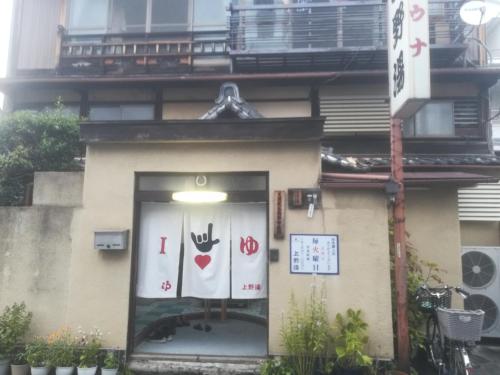Zuifuin
menuMenu
Zuifuin's highlights are the *karesansui* (dry landscape) gardens, "Dokuzatsu-niwa" and "Kanmin-niwa," designed by Shigemori Mirei. Prepare to be captivated by the serene beauty and create an unforgettable memory.






Highlights
- Visit the *karesansui* gardens, "Dokuzatsu-niwa" and "Kanmin-niwa," designed by Shigemori Mirei
- Experience the tea ceremony at the tea rooms, "Yokei-an" and "Anshoken"
- Pay respects at the grave of Otomo Sorin
- Appreciate the historically significant architecture
- Meditate in the serene atmosphere
Basic Information
- Address
- 81, Daitokuji-cho, Kita-ku, Kyoto, Kyoto Prefecture Search for tourist attractions in Kyoto
- Access
- Take a Kyoto City bus from JR Kyoto Station, approximately a 30-minute ride, and get off at the Daitoku-ji-mae stop. Alternatively, take a Kyoto City bus from Kitano-dori Station on the Karasuma Line of the Kyoto Municipal Subway, approximately a 5-minute ride, and get off at the Daitoku-ji-mae stop. Show route
- Op.Hours
- 9:00 AM to 5:00 PM
- Cld.Days
- None
- Fee
- Adults: ¥400, Elementary/Junior High School Students: ¥300, Matcha: ¥400 *Group rate: ¥350 (30 or more people). Groups of elementary/junior high school students are not accepted.
- INFO
- Wheelchair access is unavailable.
Overview
Recommended nearby attractions
Daitoku-ji Temple

With its sprawling grounds dotted with sub-temples, serene karesansui (dry landscape) gardens, and historically and culturally significant structures, Daitoku-ji is a must-see Zen temple representing the best of Kyoto.
Ryogen-in

Ryogen-in is the oldest sub-temple of Daitoku-ji, offering a tranquil escape where you can immerse yourself in history.
Daikaku-ji Temple

A temple boasting expansive gardens and historical structures, originating from the imperial villa of a Heian-era emperor.
Koumyoin Temple

Koumyoin Temple, nicknamed the "Rainbow Moss Temple," boasts a captivating karesansui garden, "Hashin-tei," designed by the Showa-era landscape architect, Jyumonji Mirei.
Myoshin-ji Keishun-in

A tranquil space known for its beautiful garden of maple leaves and moss.
Kyo-o Gokokuji Kanchiin Temple

Experience history with National Treasure guest halls and structures connected to Miyamoto Musashi. The expansive gardens are breathtaking and offer stunning seasonal views.
Hōkyō-ji Temple

Visit a temple with ties to Ashikaga Yoshimitsu, including a National Treasure writing room, tea room, and beautiful gardens.
Myoshin-ji Taizo-in

A Zen temple brimming with highlights, including the national treasure "Hyōnen-zu," a beautiful karesansui (dry landscape) garden, and the exquisite pond garden, Yokōen.
Koetsu-ji Temple

Koetsu-ji Temple is a temple associated with Hon'ami Koetsu, a cultural figure of the early Edo period. Its beautiful garden and unique tea rooms are its highlights.
Jojakko-ji Temple

A beautiful temple nestled in a tranquil forest, renowned for its stunning scenery and autumn leaves.
Nearby Hotels
International Guest House Tani House

ez guest house

Kyomachiya Guesthouse Ryoan-Ori

Guest House Koiya

Guesthouse Kingyoya

SK 3 Bedroom Machiya Kanki in Kyoto

Dormitory Sui

K-style Kinkakuji

IS KYOUYUKARI

KeFU stay & lounge

